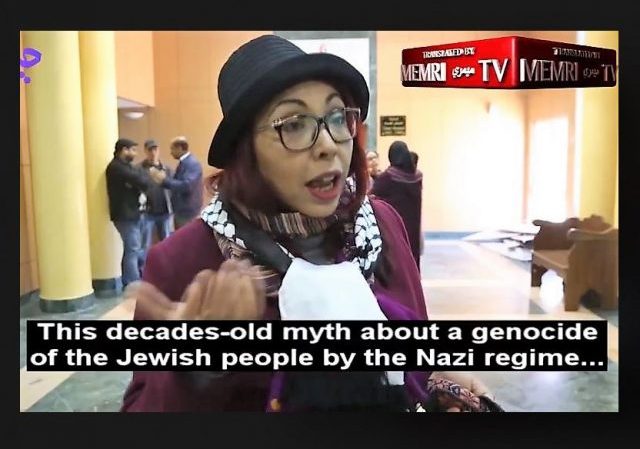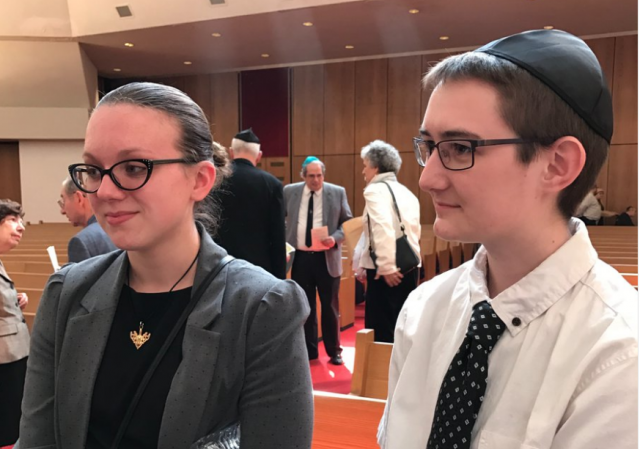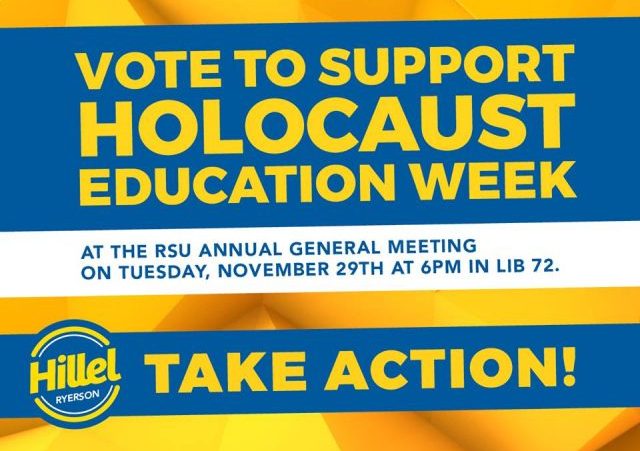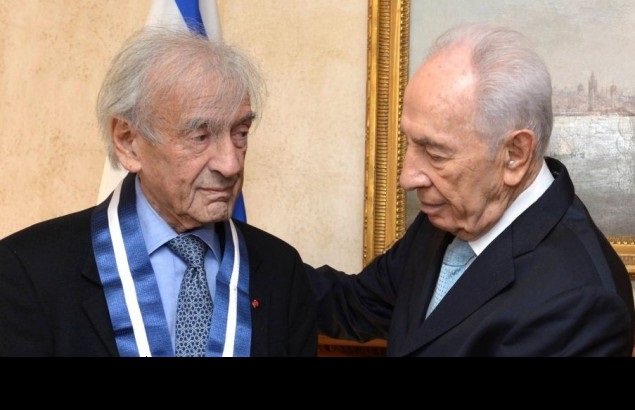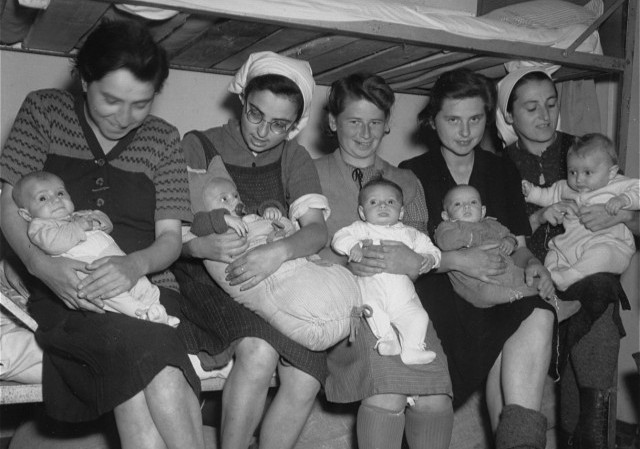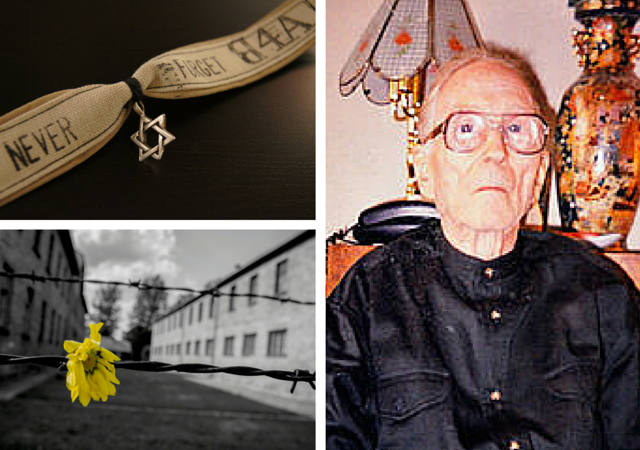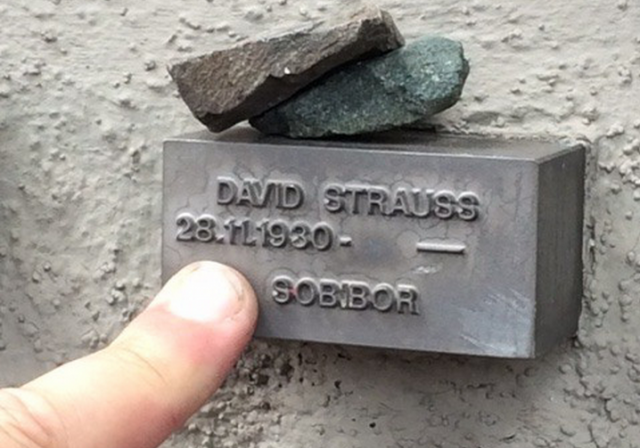Last Sunday, May 10, 2015, I set out, together with my husband, brother and sister-in-law, on a “roots” trip to Germany.
I was feeling rather ambivalent about the whole trip as I always swore to myself that I would never set foot in Germany after what happened to my family and of course to the Jewish people as a whole.
To understand the background of my family history, read my
family history page here. In short, my mother had 3 older brothers who were sent on a Kindertransport to Holland for safety in 1938 after Kristallnacht, but the Nazis invaded in 1943 and shipped them to
Sobibor where they were killed on the day they arrived, while my grandparents and their daughters eventually made it to safety in England.
[caption id="" align="aligncenter" width="368"]

Above: My mother’s 3 brothers who were killed in the Shoah: David, Elchanan (Herbert) and Uri HY”D Below: The 3 brothers with my mother Judith תבדל”א[/caption]
The people of
Michelstadt, my mother’s home town, issued a memorial book last year, and kindly invited us to come out and visit. Despite my ambivalence I felt it is important to accept their efforts to “make good” towards the Jewish community and they have been extremely gracious towards us.
Following is a diary of sorts of our trip.

